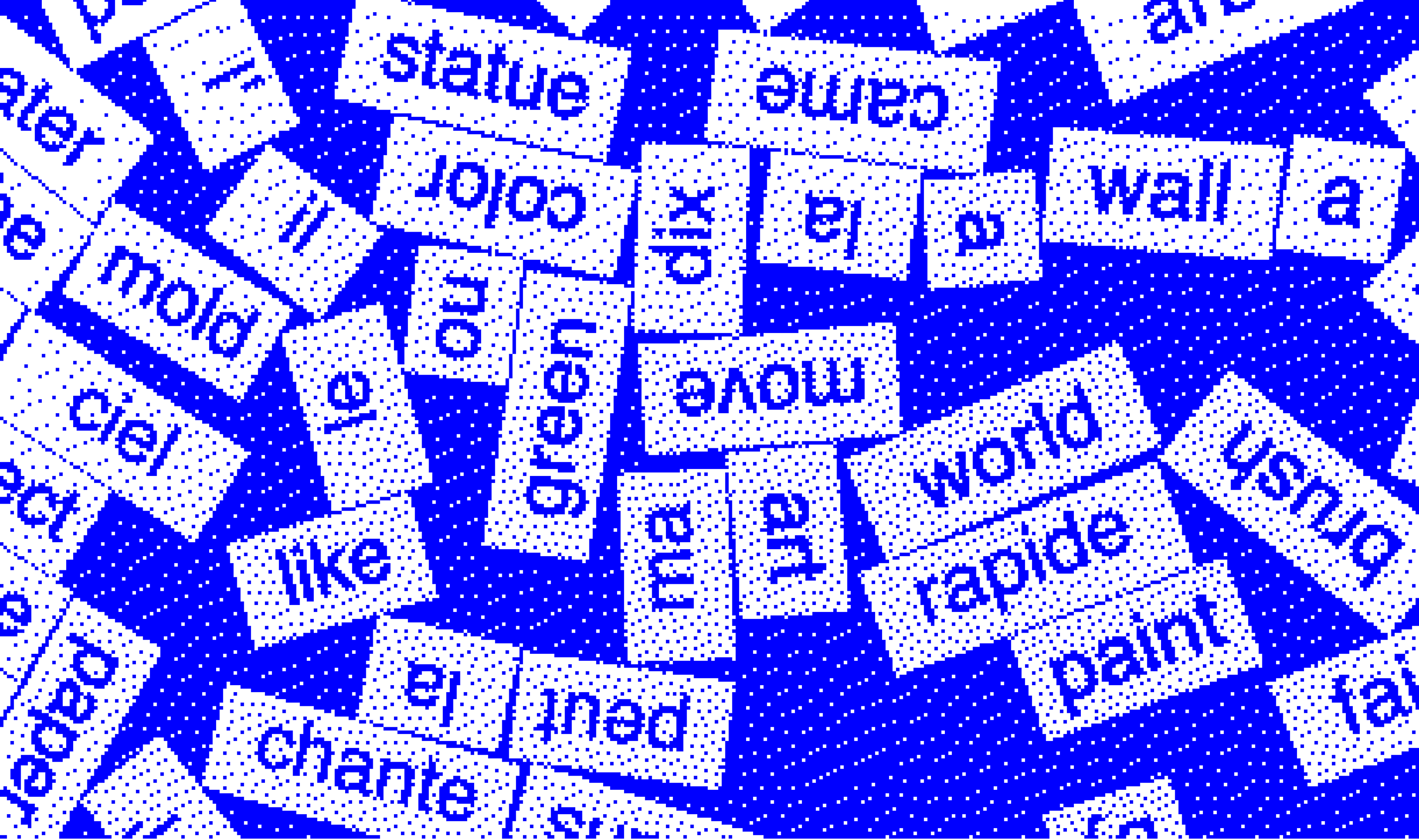09.07.25
A branding agency's guide to using AI for writing and ideating.
Section 1.
Why we wrote this article.
We've been interrogating AI deeply over the last few years. In fact, we're always tracking and exploring tools adjacent to our craft. And we’ve realised that while it can't yet replace the bespoke branding process, we still need to grasp how it can support us (and you, our clients) more broadly. Particularly around writing and ideating. This short guide is everything we've learnt to date.

Section 2.
What exactly is AI?
Speaking simply, AI is a sort of digital brain, and different companies have built different brains (models). ChatGPT, by OpenAI, is the most famous, but there’s also Google’s Gemini, and Anthropic’s Claude. Each does something a little better than the other. If you're just starting out, we’d recommend starting with ChatGPT.
One way to think about AI is a bit like a prodigious teenager; full of potential and very capable, but in need of strong guidance.
Section 3.
What can you use AI for?
Despite our love of the ultra-bespoke, human-led processes we run our business on—we believe in technology. AI can definitely help now and will continue to improve. For us, AI works best in the following scenarios:
As a thinking partner.
When you have a loose idea in your head that you want to solidify, AI can be your creative partner. Whether it’s an idea for content, or you’re going through a ‘brand discovery’ process, you can write messages in a natural-speech style and it will understand you remarkably well. Try asking it to either debate, reinforce, or just explore the ideas with you; you'll get insightful responses. The voice function in particular (on the ChatGPT app) feels borderline miraculous. If you use AI in this way, you’ll get an ‘enriched’ idea at the end of the process.
For starting the writing process.
AI does not feel nervous about a blank page in the way humans do. If you’re facing a creative block or fear around writing, it can instantly get you moving again if you ask it for a first rough draft. Even if this first draft is not quite on point, it still gives you something to react to and build upon—it’s a good place to start.

Text conversion.
Do you have a piece of text which is 200 words in formal English, but need it in 50 words in informal Spanish? Or 20 words, or even 10 words? AI will do a fantastic job. It can convert articles into captions, tweets or summaries across languages, formats and styles surprisingly well.
Information summaries.
There are AI services out there (like Otter) that take notes during video calls and summarise them for you. But even if you type up your hand-written notes and dump them into ChatGPT, it can get to the heart of what was discussed very easily. It doesn’t always remember every single detail, so it’s better as an internal tool; not for presenting to external stakeholders.
Section 4.
What you should not use AI for.
From our experience, some people do use AI for the following, but we’d recommend that you:
Do the actual writing yourself.
It doesn’t matter how much quicker AI is to write; it doesn’t write well. You will pay for that speed by losing clarity and meaning. Have you noticed yet that AI writing feels ‘fluffy’, or like it’s beating around the bush? That's in direct contradiction to good writing, which is direct and clear.

Don't rely on AI to remember details.
All the AI models do a good job of remembering what you feed it, but they also have a habit of hallucinating (a legitimately technical term!): presenting false facts, referencing imaginary conversations. Don’t depend on it.
Make the important decisions yourself.
It can’t make the right decisions, set an accurate tone, or know what matters to your organisation and brand. Defining your core values, setting your vision, operational decisions—all of these are difficult and nuanced tasks that only an expert human brain can understand (for now).
Section 5.
AI dependency.
We’re noticing more AI dependency in every area of life. The speed and perceived power behind AI is compelling, but we wonder if it will quietly dull our own thinking processes. Just like Google, or Autocorrect, and Contacts, technology aimed at comfort will always reduce your own cognitive abilities. Do you notice that in yourself?

Section 6.
Summary and advice
Make the big decisions yourself.
You know your values deeper than any AI can.
You're a better writer than AI.
Trust your natural, human sense of rhythm and expertise.
Experiment and try it for yourself.
Confirm or deny what we've written here. Gain the experience.
Take it further.
AI gets you very quickly to a 7/10 on quality. But to take it to 10, you may need internal / external intervention.
Perhaps eventually, our skills will move away from production to direction. But today, without proper steering, AI is not in a position to provide you with the final answer. Yet!
No AI was used in the writing of this article.